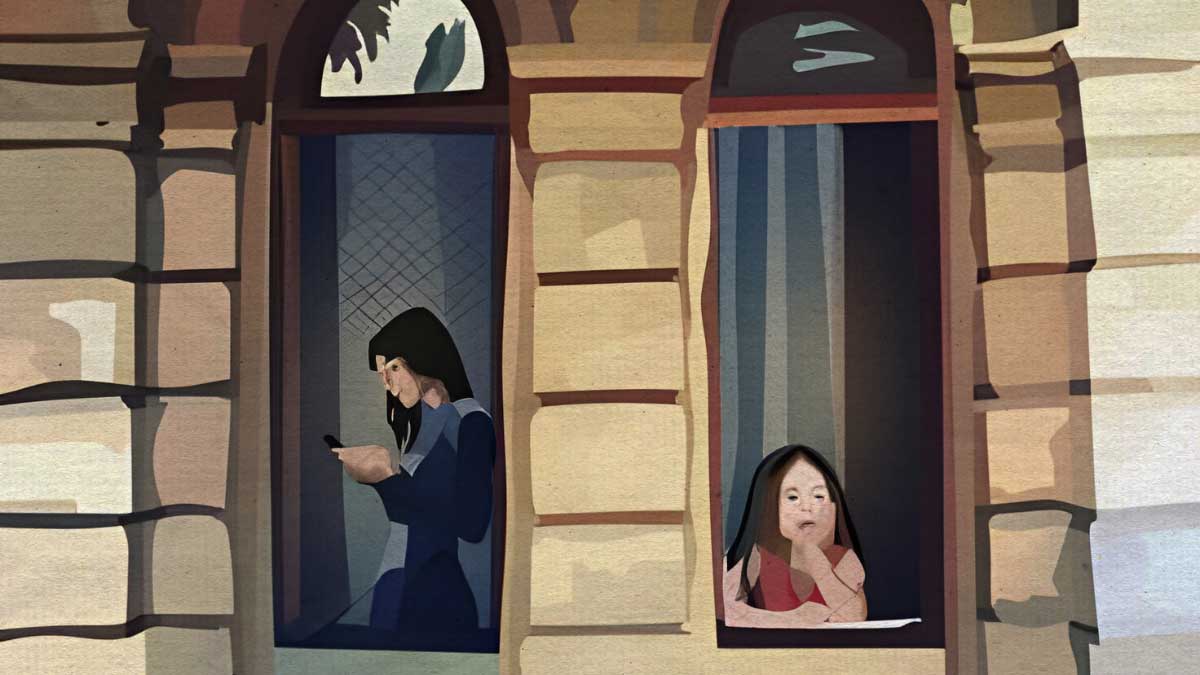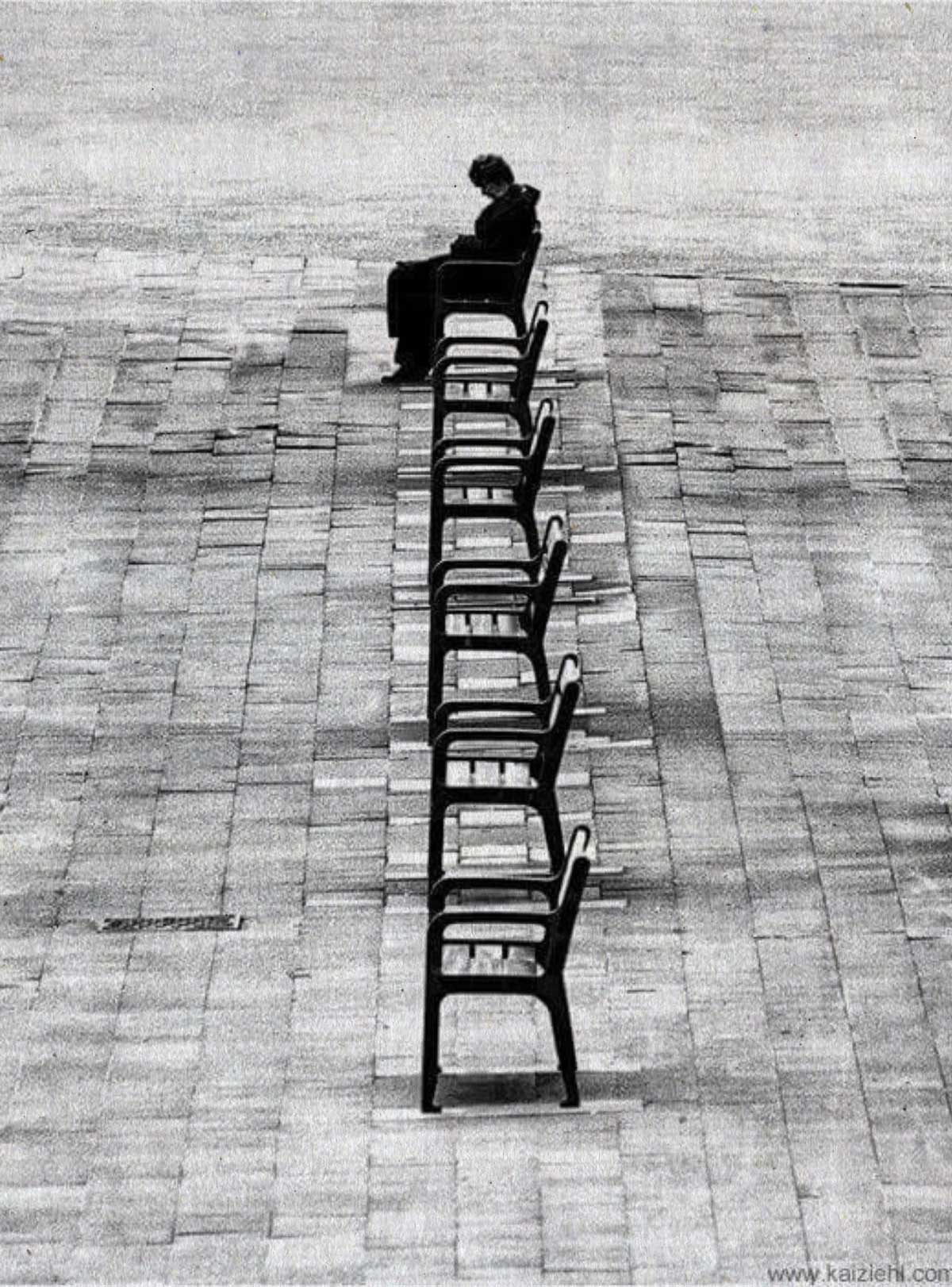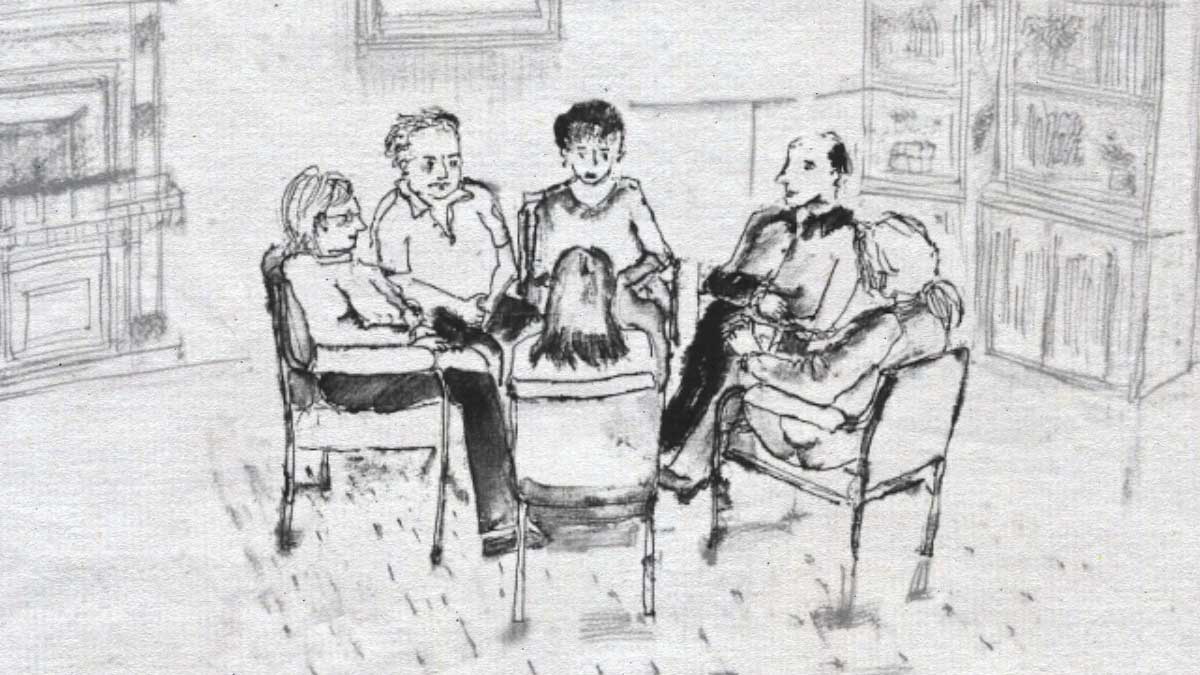
Despite India's crowded cities and busy streets, many feel lost, yearning for real human connections amidst digital interactions and shallow relationships. Loneliness, once seen as an individual challenge, has become a widespread issue in urban India.
Urban loneliness isn't just about physical isolation, it’s a lack of emotionally fulfilling connections.
“It's something I've been witnessing a lot in my work,” said Arushi Handa, a counselling psychologist. “Many people come in with concerns about missing a sense of community, wanting to find partners, having better relationships, being able to ‘belong’ with others. etc. which often lead to conversations about loneliness,” she added.
This shift has been further accentuated by several modern factors, including the breaking down of traditional Indian societal values and the aftermath of the pandemic.
In 2023, the Global State of Connections report stated at least a quarter of 4.5 billion people worldwide, felt ‘lonely’ or ‘very lonely. The World Health Organization (WHO) reports that around 10% of adolescents experience loneliness.
HerZindagi reached out to experts to understand urban loneliness better, its causes, and how to combat it.
Divija Bhasin, a psychologist and content creator, said that loneliness is not necessarily about the number of people one interacts with. “Loneliness, contrary to popular belief, is more about one’s sense of self-concept and not the number of connections. A person can even feel lonely in a crowd or large community also,” she said.
Ipsos’ 2021 global survey revealed that 43% of urban Indians frequently feel lonely and lack friends, particularly exacerbated by the shift to remote work and virtual meetings post-COVID-19 pandemic.
With time, Indian societal structures have also transformed. Traditional joint families, known for their strong support systems and intergenerational bonds, have been replaced by nuclear families.
“Traditionally, kids were raised by multiple people and didn't rely solely on their parents for affection and necessities. This left a lot of room for mistakes and also created a sense of community. If the parents did a suboptimal job, the child could always seek affection and support from another competent adult and create a template for healthy relationships,” said Arushi, the psychologist.
Read: Leisure as Liberation: Redefining Women's Leisure Through a Feminist Lens
“I've spoken to kids who live in larger families and when asked who their favourite family member is, they often say ’dadi’ or ‘chachi,’ she added.
Bonds with neighbours and extended family have also significantly reduced, chipping away at the sense of community older generations found joy in.
“I feel like many people have also lost touch with their culture and that can lead to some sense of alienation in terms of their identity,” she said.
Moreover, while celebrations and festivals remain integral to most people, they have been overtaken by a social media-induced idealisation of what these events should look like. This homogenisation fosters unrealistic expectations and a sense of inadequacy, leading to FOMO (Fear Of Missing Out) and a warped sense of happiness.
In some cases, especially for minorities or misfits, social media can feel like a space where they find community and solidarity. “This can be true especially when a person doesn’t have that many avenues for forming connections around them,” said Divija.
“There are so many communities of queer people, people with specific disabilities, or even niche interests on the internet that helped Gen Z (and now gen alpha) connect with others. It can be so nice to read a book you enjoyed and find people on the internet with similar thoughts. People in unsafe situations also found help on the growing up internet,” elaborated Arushi. 
However, on social media, the quest for authentic connections can also be replaced by curated online personas and fleeting digital interactions. Platforms designed to connect people often contribute to a sense of isolation, as individuals compare their lives to carefully crafted highlights of others, perpetuating a cycle of loneliness and inadequacy.
The problem arises when people think social media connections can replace real-life connections.
“I've had clients talk about how social media can feel like a substitute for real-life connection, albeit the poor ones. People post stories about what they've been doing, and when others like or comment on things, there's a sense of connection. However, it's not rewarding, as compared to real-life connection, or even having a conversation over the phone,” explains Arushi.
Influencers and content creators foster a sense of community, although very little from them translates to authentic connections.
View this post on Instagram
“There are also a lot of parasocial relationships all over social media, where people feel a sense of connection with Twitch streamers, YouTubers, Instagram influencers, etc., and its one-sided nature prevents people from creating other connections,” said Arushi.
Feelings of inadequacy and fear of judgement are other big factors that further propel loneliness in urban Indians.
“Social media often highlights the ‘best of’ moments in people's lives, so there's also judgement and comparison that comes from using these platforms. I feel like that prevents people from reaching out and connecting with others as well. It creates a divide by causing shame about not being able to live as well,” explained Arushi.
Loneliness differs significantly in perception and underlying causes across generations.
“Older people often define loneliness as not having many relationships with friends/family. They define it in terms of the quantity of relationships. This generation, on the other hand, defines it as more of an internal struggle regardless of how many people are around them. I have noticed that the younger generation is more aware that loneliness is more about the quality of connection than the number of connections,” highlighted Divija. ”
She added, “Interestingly, numerous older people also feel isolated despite having several connections which tells you that the definition of loneliness may seem different for both generations but is quite similar on a core level.”
According to WHO, at least 10% of adolescents and 25% of older people are lonely.
However, the experts doubted whether arbitrary online connections translate to real-life bonds. In-person meetings and bonding contribute more to overall well-being.
“There are so many things, like physical affection and presence, that are required by people to stop feeling lonely, which the internet cannot provide,” highlighted Arushi.
There's also a wide generation gap with their parents, said Arushi, which can lead to resentment in relationships or feelings of not being understood. The pandemic exacerbated Gen-Z’s problem with loneliness. They missed out on significant and formative years of schools and colleges, where deep bonds are usually formed.
The messaging on social media platforms, around self-sufficiency and self-preservation also leads to a level of isolation.
According to the American Psychological Association (APA), “loneliness, it seems, can lead to long-term ‘fight-or-flight’ stress signalling, which negatively affects immune system functioning.”
Arushi highlighted how increased stress also leads to issues with the nervous system. “It can cause mental health concerns like depression and anxiety, or physical issues like stomach problems, trouble with sleeping, appetite changes and so on,” she said.
Loneliness often causes people to blame themselves and leads to low self-esteem and increased insecurities about themselves. It can also affect attachment styles causing a person to be anxious when they find someone to connect with or feel detached and hyperindependent.
The experts detailed some ways to combat loneliness.
“I think of ways to combat loneliness to identify your needs, recognise emotions, and be more authentic,” said Arushi. 
Some active steps one can take include, as described by Arushi, includes:
Loneliness can affect individuals from any age and socio-cultural demographic. In a world that’s overtly constantly interconnected, finding meaningful connections is key to a healthy and happy life. For this reason, perhaps, the longest-running study on happiness, an 85-year-old Harvard study found that positive relationships help people live happier, healthier lives. It also helps them live longer.
Also watch this video
Herzindagi video
Our aim is to provide accurate, safe and expert verified information through our articles and social media handles. The remedies, advice and tips mentioned here are for general information only. Please consult your expert before trying any kind of health, beauty, life hacks or astrology related tips. For any feedback or complaint, contact us at [email protected].